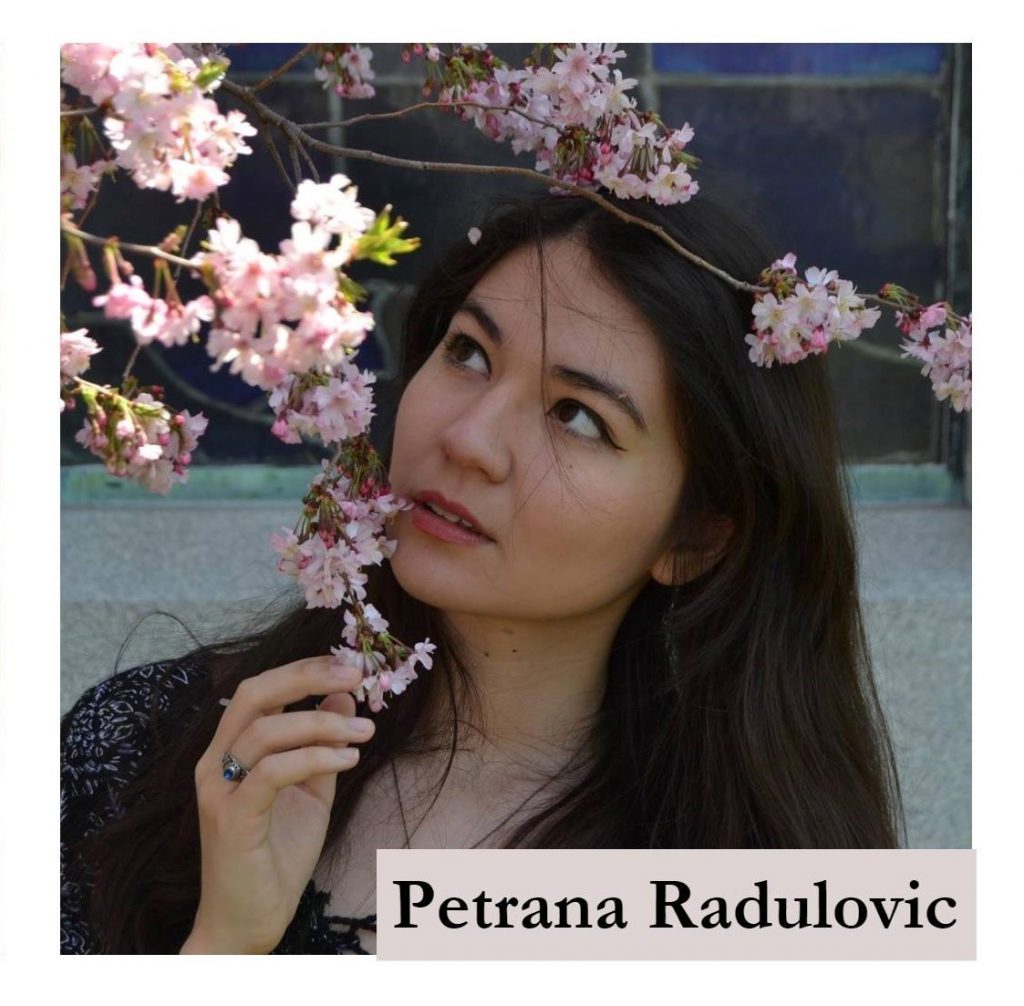
Petrana discovered Legacies on Twitter and has contributed a few short stories here and there. She is also a reporter where her writing is featured on Polygon.
Below are the responses from Petrana Radulovic’s interview with Legacies Staff:
Tell us a little about yourself. Where you were born, how do you identify yourself, and what are some things you enjoy.
I was born in Connecticut to two math graduate students back in good ol’ 1995. After moving around a lot in my childhood, my family finally settled in Florida. My dad is from former Yugoslavia, while my mom is Singaporean Chinese. I enjoy writing (obviously), reading, video games, and generally consuming all sorts of media. I also really like eating and collecting cute toys.
How did you get into illustrating or writing?
I’ve always had a big imagination and loved to make up stories and play pretend, but the first story-story I wrote was in fifth grade and my teacher really instilled this passion and sense of confidence in me. I’ve never looked back.
What inspired you to contribute to the project? (Why did you want to contribute to this project?)
I had written my piece back in September and kinda just had it sitting around. This seemed like the perfect publication for it and I just wanted to share it with people who would understand it.
How would you describe, or summarize, your submission?
To pull two sentences: There is no place in all of the city I feel more at home than in Chinatown.
There is no place in all of the city I feel more out of place than in Chinatown.
What was the hardest things to write/draw about? (I.e. revisiting a trauma, self-realization, etc.) In other words, did you struggle to write/draw a certain aspect?
The entire thing was very personal and a bit sad to me. I wanted to capture that particular feeling I had at a very specific time, so I did it all in one night right after it happened.
Why did you choose to write/illustrate your specific submission? (What was the significance of your submission?)
My piece pretty much covers one evening when I went out with my (white) boyfriend on the Mid Autumn Festival and tried to explain the significance to him, but found myself unable to convey the traditions and the meanings. I felt this sense of disconnect within myself that almost made me feel ashamed. There is always something about being in Chinatown in NYC that is both comforting and alienating and I wanted to convey that specific feeling.
What were the most important things you wanted to hit on in your submission? (What did you want to highlight?)
The feeling of wanting to connect to your culture, but also feeling that you cannot, that you’ve been separated from it for too long, that you’ve ostracized your own self. The feeling of trying to figure out what that means now that you are grown.
What do you hope readers/people will gain from reading/seeing your work? (What do you want people to take away from your work?)
I just want to reach people who have felt similar moments in their life, of realizing now that they are grown-up there is this sense of disconnect that they can’t quite reconcile. For those who don’t understand, I want to illustrate that.
What does writing/illustrating for this anthology mean to you?
It’s funny — when I was little, all I wanted to do was write about magic, but my mom was always telling me it would be interesting to write about my culture. And now I mostly write about my culture! (I still do write about magic, but, like, as a cultural metaphor; best of both worlds). Being part of this anthology means being part of a group of similarly-minded individuals who can speak to similar experiences that don’t often get highlighted n media.
What food/drink most reminds you of home/childhood? Why do you think food is so important to Asian American culture?
My mom makes this dish from her childhood that has no proper name, that we just call “mushroom and egg” and it is my favorite comfort food. Not something you’d find in restaurants, but something that is very much woven into my childhood. I think it’s important because food passes down in a family, food is where family comes together.
